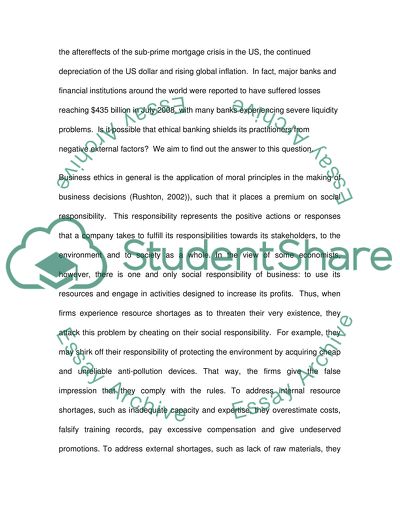Cite this document
(Ethical Banking in UK: An Investigation into Its Performance as Research Proposal, n.d.)
Ethical Banking in UK: An Investigation into Its Performance as Research Proposal. Retrieved from https://studentshare.org/finance-accounting/1516988-ethical-banking-in-uk
Ethical Banking in UK: An Investigation into Its Performance as Research Proposal. Retrieved from https://studentshare.org/finance-accounting/1516988-ethical-banking-in-uk
(Ethical Banking in UK: An Investigation into Its Performance As Research Proposal)
Ethical Banking in UK: An Investigation into Its Performance As Research Proposal. https://studentshare.org/finance-accounting/1516988-ethical-banking-in-uk.
Ethical Banking in UK: An Investigation into Its Performance As Research Proposal. https://studentshare.org/finance-accounting/1516988-ethical-banking-in-uk.
“Ethical Banking in UK: An Investigation into Its Performance As Research Proposal”, n.d. https://studentshare.org/finance-accounting/1516988-ethical-banking-in-uk.


